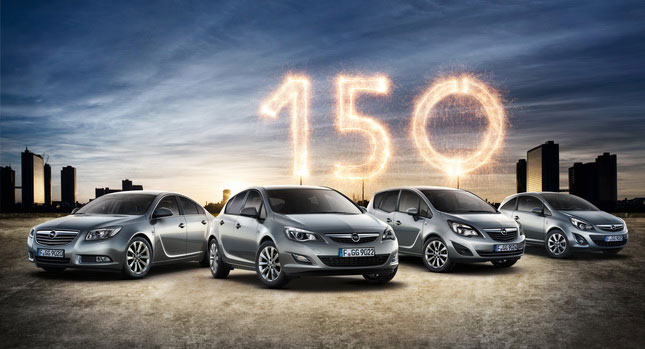Last September, during the Frankfurt Motor Show, General Motors executives were confident that their European operations were following the company’s restructuring plan to the letter and would break even.
Less than two months later, real-world results proved them wrong. In the first nine months of 2011, GM’s European operations lost US$580 million before interest and taxes. Breaking even went down the drain.
In addition, restructuring, closing the Antwerp plant and cutting 5,800 jobs through September 2011, cost the company US$900 million. And that’s not all: its European division has cost GM more than US$2.34 billion since 2009, when it called off its plans for selling the company, and a staggering US$13 billion since 1999.
Europe’s debt crisis, which is far from being resolved, is making things even more difficult. According to ACEA, the European car manufacturers’ association, in December 2011, Opel’s sales dropped by 18 percent and its stake in EU and EFTA countries was almost half of what it used to be in 1993 (7.3 vs 12.6 percent).
It’s a drab picture, no doubt, but GM still wants to turn things around. While a tie-up with another manufacturer is officially out of the question, General Motors is already taking measures to return its Opel/Vauxhall brands to profitability.
The first move to utilize its under-performing European plants by bringing in some of Chevrolet’s production from South Korea.
Tim Lee, president of GM’s international operations, remains upbeat about GM’s chances of turning Opel around. “There are significant opportunities yet remaining in Europe in terms of the operation of Opel/Vauxhall and the operations of Chevrolet and Cadillac,” said Lee.
As an example, the GM exec cited the fact that Opel and Chevrolet each use its own warehouses and spare-parts operations. Increasing synergies between the two companies would be beneficial for both. “We’ve not brought back together a lot of the behind-the-curtain things that could be together”, Lee admitted.
While GM Europe president Karl-Friedrich Stracke has already announced that the company will invest €11 billion (US$14.5 billion) in Opel until 2014, analysts are not convinced that this is enough.
“I almost see Opel’s problems as not solvable”, said Maryann Keller, principal of a consulting firm in Stamford, Connecticut. “The question is how do you get rid of it and still protect your intellectual property, because that’s where your small-car development is.”
Keller’s statement points right to the heart of the problem: GM, which has proven quite sensitive about letting its technology falling into foreign hands, is virtually dependent on its European division for developing its small cars, like the Cruze, that have become a sales hit.
Understandably, then, selling is not an option – especially to competing manufacturers. On the other hand, there’s still another solution on the table: reduce Opel’s dependence on the plunging European market by expanding its Chinese operations in cooperation with local partner SAIC.
Story References: Bloomberg News




